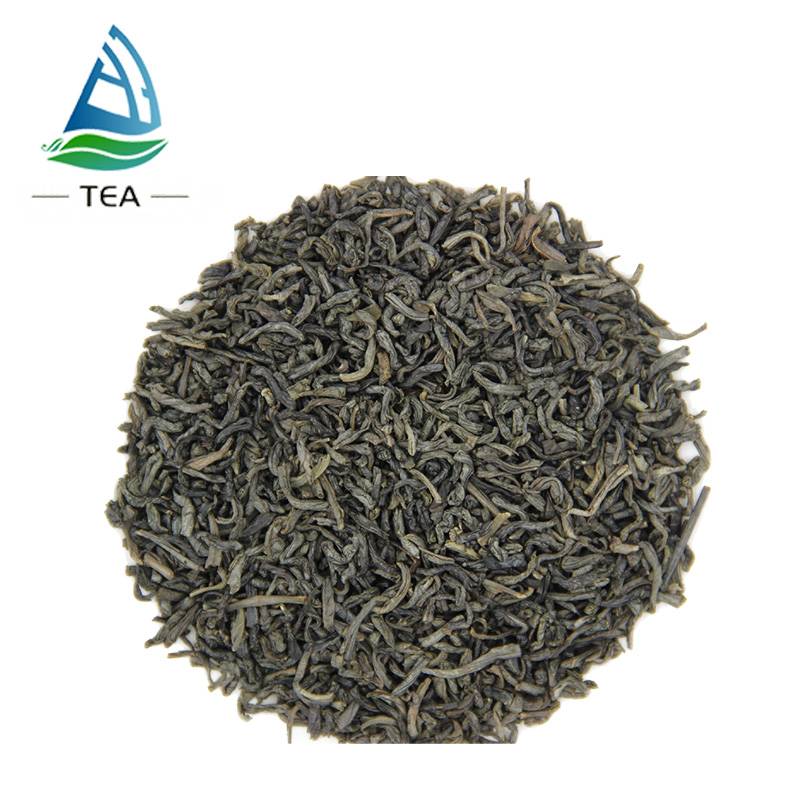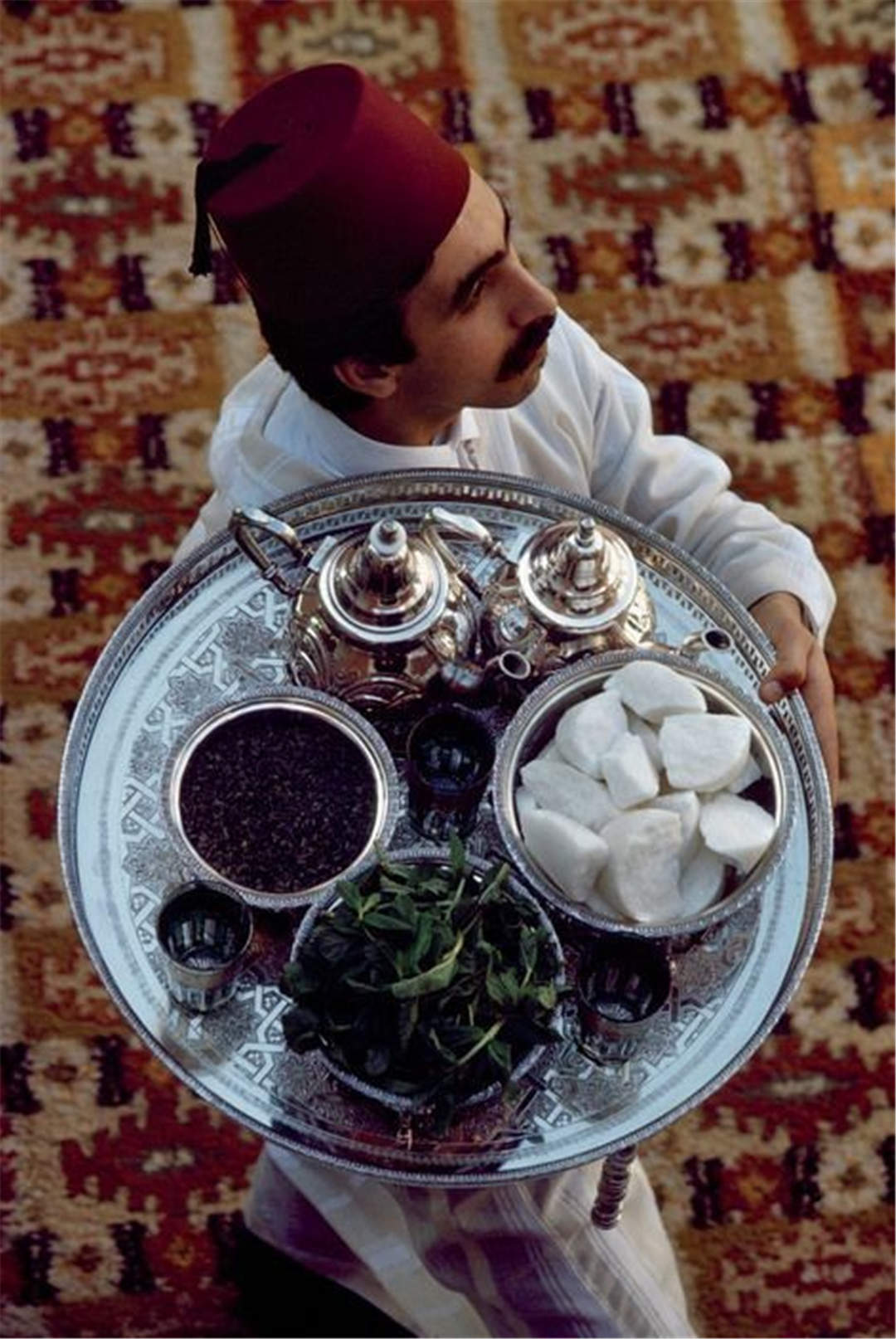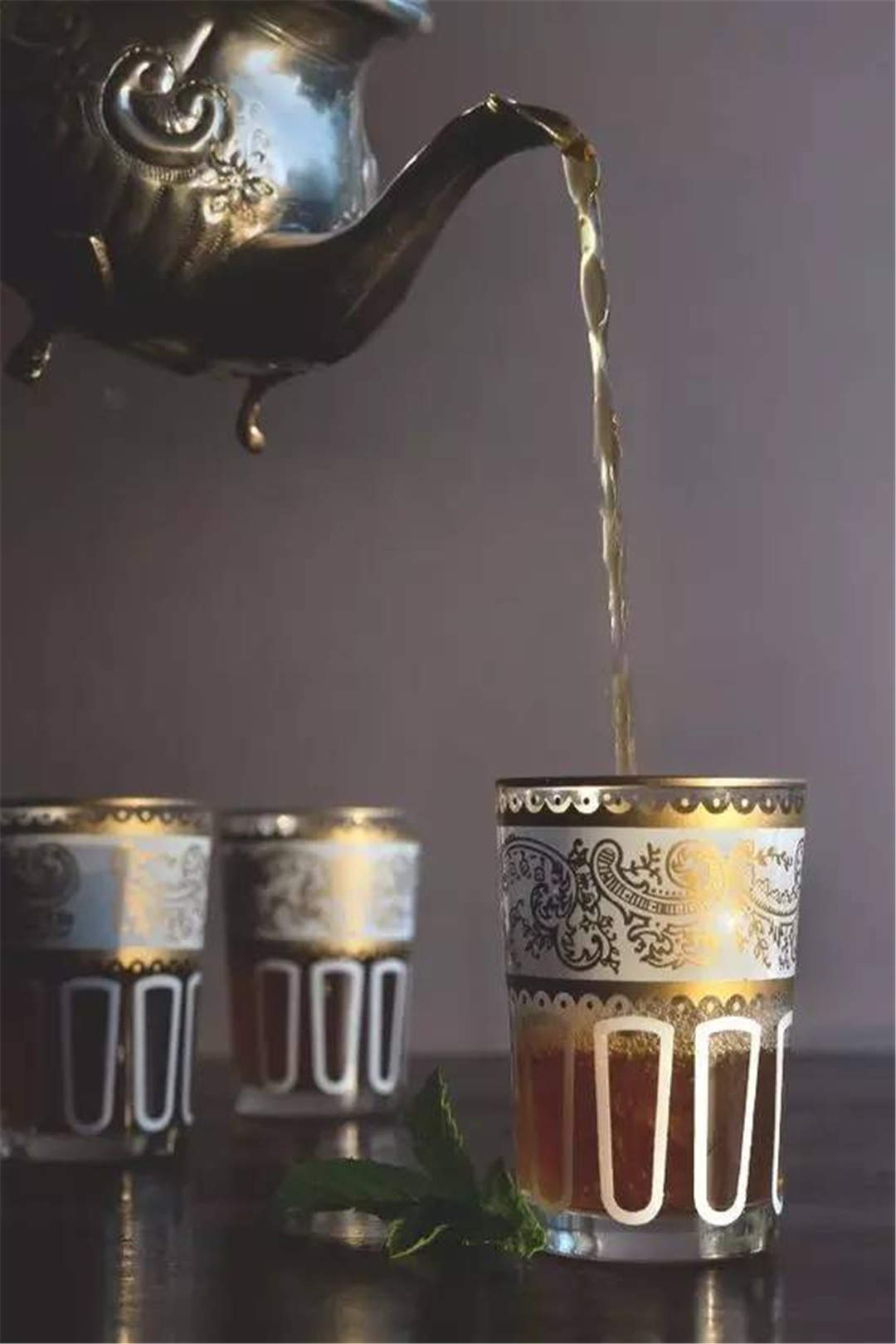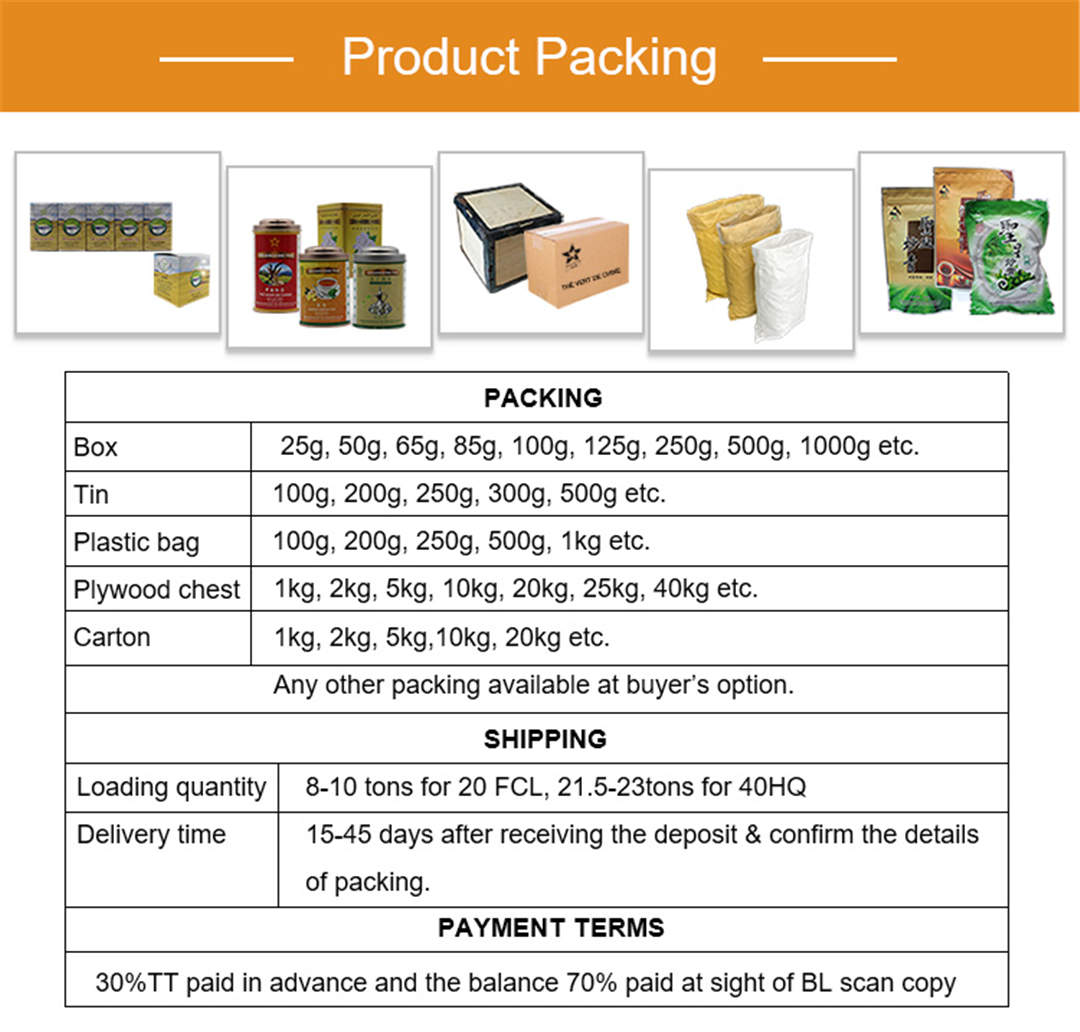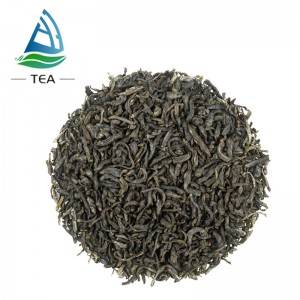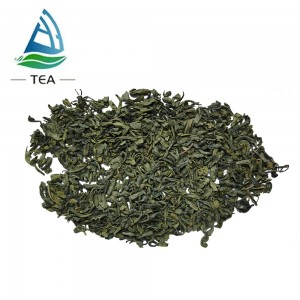Green Tea Chunmee 41022AAAAAA
|
Product name |
Chunmee 41022AAAAAA |
|
Tea series |
Green tea chunmee |
|
Origin |
Sichuan Province, China |
|
Appearance |
Tight and slim, looks like eyebrow |
|
AROMA |
high aroma |
|
Taste |
Mellow, heavy, permanent and fresh |
|
Packing |
25g, 100g, 125g, 200g, 250g, 500g, 1000g, 5000g for paper box or tin |
|
1KG,5KG,20KG,40KG for wooden case |
|
|
30KG,40KG,50KG for plastic bag or gunny bag |
|
|
Any other packaging as customer's requirements are OK |
|
| MOQ |
8 TONS |
| Manufactures |
YIBIN SHUANGXING TEA INDUSTRY CO.,LTD |
| Storage |
Keep in dry and cool place for long-term storage |
|
Market |
Africa, Europe, Middle East, Middle Asia |
|
Certificate |
Quality certificate, Phytosanitary certificate,ISO,QS,CIQ,HALAL and others as requirements |
|
Sample |
Free sample |
|
Delivery time |
20-35 days after order details confirmed |
|
Fob port |
YIBIN/CHONGQING |
|
Payment terms |
T/T |
Do you know Mali?
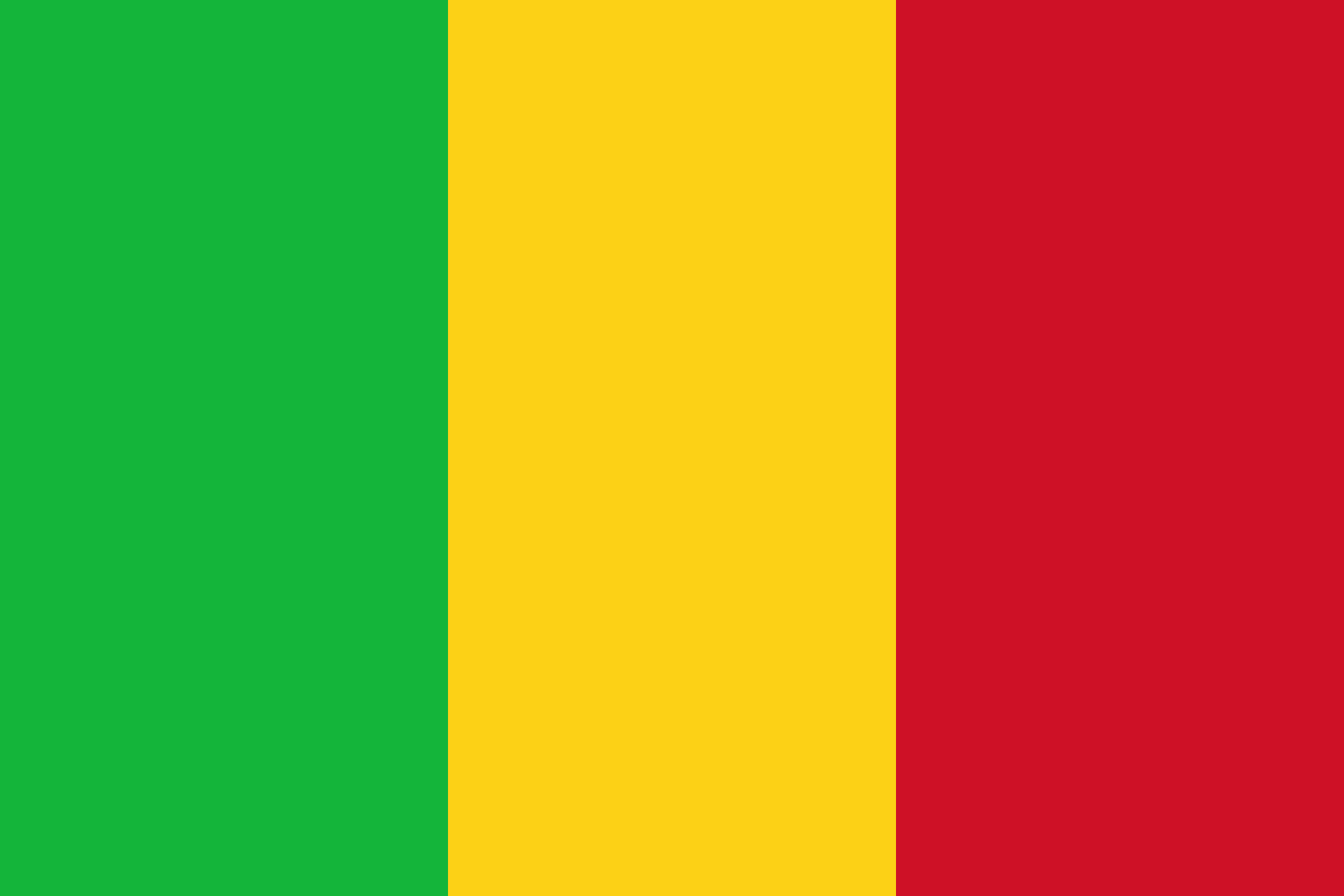
The Republic of Mali is a landlocked country in West Africa. It borders Algeria to the north, Niger to the east, Burkina Faso and Côte d’ivoire to the south, Guinea to the southwest, and Mauritania and Senegal to the west. It is the second largest country in West Africa.
Its northern border is in the Sahara Desert and most people are concentrated in the south, where the Niger river and Senegal rivers originate.
90% of people believe in Islam, 5% of people believe in fetishism, and 5% of people believe in Christianity. Other Islamic countries have some support for Mali’s economy.
The official language is French, but many Malians regard French as a foreign language. Mali has many national languages, and most Malians understand multiple national languages.
2% of Mali’s national area is agricultural land, while 80% of the labor force works in agriculture. Agricultural land is very dense in the Niger river and Senegal river basins and in the rainy areas of the south. Plants include peanuts, corn, sorghum and cotton.
Tea drinking habits in Mali

Malians like to drink tea after meals. They put tea and water in a teapot, and then simmered them on a clay stove to boil. After the tea is boiled, sugar is added, and each person pours a cup. Their method of making tea is different: every day after get up, they boil water in a tin can and put in the tea; let it boil until the bacon cooked at the same time, and then eat meat and tea at the same time.
Tea packing
25g small boxes or sachets are more popular. 100g and 50g paper bags are also popular.
Mali's tea import

According to the annual statistics of the World Tea Association, the import volume of tea in 2012 was about 7,000 tons, mainly chunmee tea, most of them are mid-to-high grade chunmee tea, such as 41022,41022AAA, 9368, 9371, etc.
Chunmee tea is harvested from one bud one leaf and one bud two leaves from Qingming to Guyu as raw materials, and it is finely processed. Its quality characteristics are: the strips are as fine as eyebrows, the color is green and oily, the aroma is high and long-lasting, the taste is fresh and sweet, the soup is green and bright, and the leaf bottom is tender and green.
The efficacy and function of Chunmee tea
1. Anti-aging effect Chunmee tea contains very rich SOD. The extracted active enzyme can effectively eliminate the effect and function of free radicals. As a natural skin care and anti-aging beauty product, chunmee tea is absorbed by the human body. After that, it can exert anti-oxidant effect, which can effectively prevent and slow down the state of skin aging. Drinking chunmee tea in moderation can maintain youthful vigor and beauty.
2. Antibacterial effect Chunmee tea contains rich nutrients, such as flavonoids, catechins and trace elements, tannins, etc. These nutrients can break down protein, triglycerides, cholesterol, etc., and can also play a role To maintain smooth gastrointestinal function, healthy and safe operating environment, etc., pathogenic bacteria that are harmful to the body, chunmee tea can also better kill bacteria, improve the body's disease resistance and enhance physical fitness.
3. Digestion-aiding effect According to many scientific research reports, chunmee tea has a powerful effect on improving and promoting digestion. If it is a long-term insufficiency of digestion, people who will experience obvious abdominal distension, drink chunmee tea plays a role in helping digestion, and also play a powerful role in repairing the gastric mucosa and gradually improving the gastrointestinal environment.
Moroccans not only pay attention to the aroma, but also require extremely strong and sweet tea. Then put a piece of fresh mint into the teacup, drink it, and feel refreshed and comfortable. The heat will immediately dissipate, and the spirit will be refreshed. Moroccans also pay attention to the use of green tea when welcomethe guests or relatives and friends, especially Chinese green tea, which enjoys a high reputation in Morocco. Every New Year and holidays, Moroccans have to rush to buy tea, especially buying high-grade green tea from China, just like buying festive clothing and other foods. In their eyes, people who can spend money to buy green tea and entertain guests with green tea are a symbol of wealth and wealth.
In Morocco, after getting up in the morning, people make a cup of fragrant tea, and then start eating breakfast after drinking it. Whether it is the families of ordinary people in Morocco, or high-ranking officials and expensive houses, they will put sugar in green tea at festivals, banquets and major social events to show the sweetness of life and respect for guests. On many occasions, both the host and the guest often use tea instead of wine to toast each other. In many public places such as supermarkets, cinemas, stations, docks, airports, many children and girls, holding a silver plate in their hands, put a tin pot and a few tea cups inside, walking around in the crowded crowd, shouting and yelling. Tea, business is booming.
Although Moroccans are very proficient in the tea ceremony and everyone loves to drink tea, Morocco does not produce tea in its own country. More than 95% of the tea used by the people and official hotels in their country comes from China. Chinese tea is loved by Moroccans.

